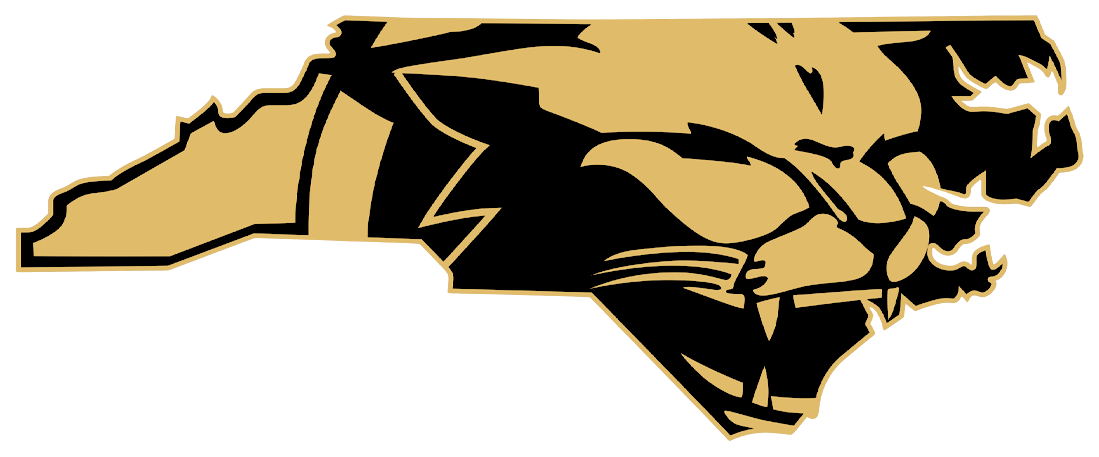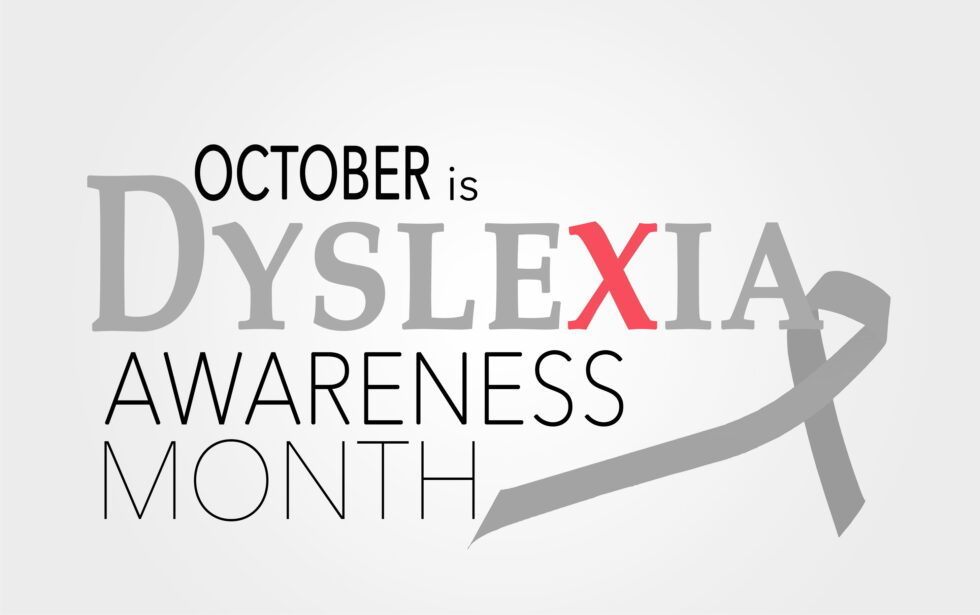October is National Dyslexia Awareness Month, and here at Croatan High School (CHS), we are dedicated to raising awareness, promoting understanding, and celebrating the unique strengths of our students who learn differently. By educating our community, we can ensure every student feels supported and empowered to succeed.
What Is Dyslexia?
Dyslexia is a brain-based learning difference that specifically impairs a person's ability to read. It is not a reflection of intelligence; in fact, many highly successful people have dyslexia.
The National Institute of Neurological Disorders and Stroke defines it as a learning disability that primarily affects reading. However, it can manifest differently in each person, sometimes resulting in challenges with spelling, speaking, or manipulating sounds. It is an inherited and genetic condition, and it affects people from all backgrounds, communities, and socioeconomic groups.
The Power of Awareness
One of the biggest challenges with dyslexia is that it is often called an "invisible disability." Because students with dyslexia are typically just as capable as their peers, the disconnect between their ability and their struggles with reading can significantly impact their confidence. Students may internalize the feeling that they are "not smart."
This is why awareness is so crucial. For our students, understanding that they have a learning difference—not a flaw—can be life-changing.
As a high school community, we must recognize that intervention is available for all ages, and it is never too late to confront these challenges. Successful outcomes depend on a tripod of support:
Support from Family: Parents and guardians are essential advocates.
Support from School: Teachers and administrators committed to recognizing and accommodating student needs.
Support from the Community: A peer group that is understanding and supportive.
Celebrating Our Diverse Learners
At CHS, we celebrate cerebrodiversity—the idea that every brain is wired uniquely. Dyslexia often comes hand-in-hand with exceptional skills in areas like problem-solving, creativity, visual thinking, and spatial reasoning. This month, let's consciously recognize the talents of our dyslexic students and remember the many successful adults—artists, entrepreneurs, scientists, and leaders—who have dyslexia. By focusing on strengths and providing targeted support, we ensure that a difficulty with one skill does not limit a student's entire future.
Resources for Parents and Students
If you or your family would like to learn more about dyslexia, please use reputable, evidence-based resources. Avoid information that promises a "quick fix" or an expensive solution not backed by science.
You can start by exploring these trustworthy organizations:
Let’s work together this October and throughout the year to foster a CHS environment where every student, regardless of how they learn, can thrive and feel empowered. Go Cougars!

